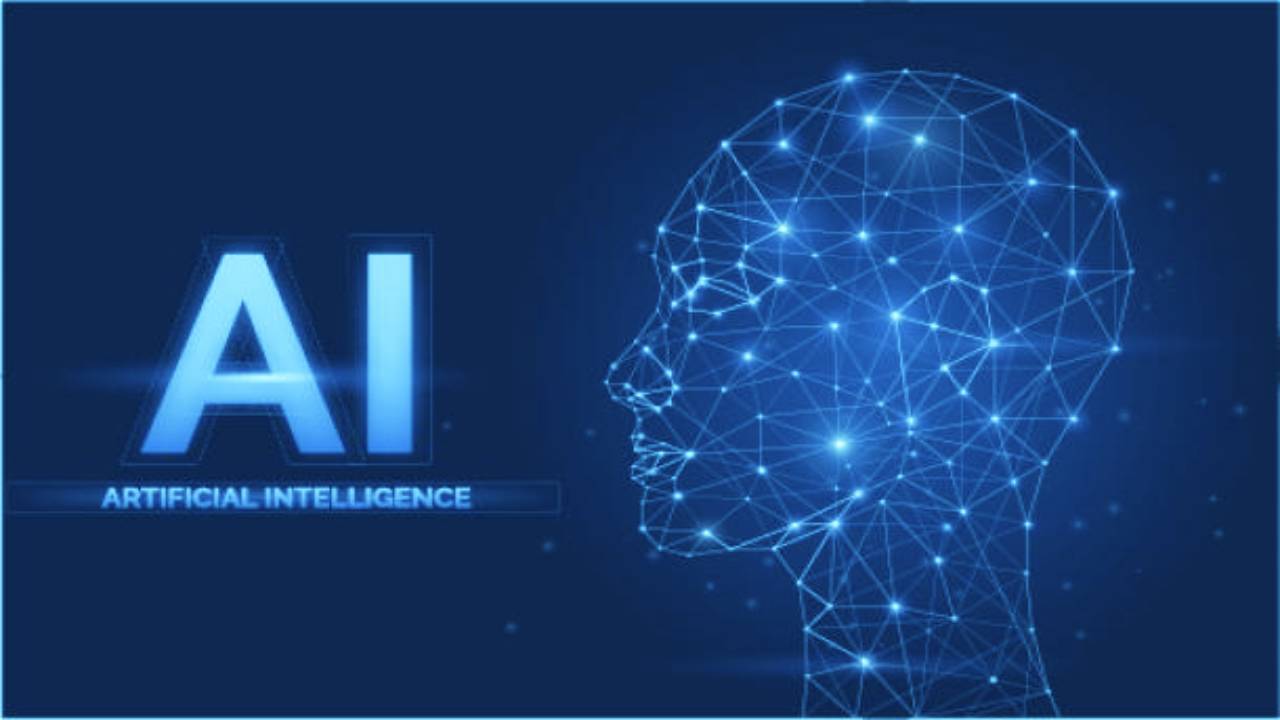Artificial Intelligence(AI) -The Technological Revolution That Never Stops

Artificial Intelligence(AI) is defined as that technology that allows simulating human intelligence processes by machines, especially by computer systems.
Artificial Intelligence is a phenomenon that moves quickly and is found in almost all the technological elements we use, moreover, every year we see greater advances in telephony, robotics and information technology.
Table of Contents
Existence Of Artificial Intelligence(AI) So Far
Artificial intelligence(AI) is one of the fastest-growing areas of digital technology. It is transforming our lives and also our investment portfolios. The latest devices from Amazon, Microsoft and Google allow you to turn on lights, check the weather forecast, check newspapers, listen to music, boil the kettle or book a taxi – all with voice commands.
Soon, Artificial Intelligence(AI) – computer replication of actions that normally require human intelligence – will be able to achieve much more and investment in companies with machine learning systems will be an important source of growth. In fact, robots are taking the world, not with an army of cyborgs, but in a soft and subtle infiltration of intelligent technology.
Now, through learning algorithms, machines can use data to find patterns and predict. The next step is the learning of errors by computers, with the refinement of predictions with each new piece of information. They are increasingly skilled at recognizing images and processing natural language like human beings, as well as responding based on context. Artificial intelligence is already present in health, retail, and finance.
Also Read: How to become an AI Engineer
Artificial Intelligence(AI): Advantages and Disadvantages of its Adoption in Companies
The use of technologies related to Artificial Intelligence is increasingly common in companies. From basic telephone service systems, through chatbots for customer service and reaching more complex production control systems, or even to the search for talent, Artificial intelligence is gaining ground in process management, with its advantages and its disadvantages
The Artificial intelligence systems they are, today, complex systems dedicated in most cases to simple or uncritical tasks. This is true for the vast majority of companies and applications, especially outside the big global technology. There is some concern that artificial intelligence systems end up eliminating jobs and, therefore, unemployment increases and opportunities for many people diminish.
On the other hand, Artificial Intelligence allows to streamline processes, automate increasingly complex tasks and increase safety in certain sectors (such as the chemical or pharmaceutical sector). These consequences of the use of artificial intelligence in companies are positive because, for example, they free the human worker from the most tedious tasks and leave time available to perform more creative and productive tasks.
Also Read: Internet of Things(IoT): Revolution For The Future That Begins Today
The Advantages Of AI In The Company
- The probability of error in their operation is almost nil, they are reliable, accurate systems and have a very low probability of error in their tasks. Naturally, it depends on the design and implementation, but there are business solutions with an excellent level of efficiency.
- They offer the possibility of creating bots to interact with consumers: one of the great areas of application of Artificial intelligence is the development of chatbots capable of redirecting simple queries to the appropriate departments for their management.
- Suitable for repetitive tasks: this allows free human capital to devote itself to higher-level tasks or creative tasks.
- They are Perfect systems to perform dangerous or high-precision tasks. For example, for the preparation of chemical compounds such as medicines or dangerous products. Machines are capable of measuring proportions and quantities with accuracy beyond human capacity and, therefore, are safer when performing tasks.
- Artificial intelligence never gets tired: this allows you to perform tasks without rest, 24 hours, seven days a week, 365 days a year, increasing productivity tremendously.
Possible Disadvantages Of Using AI-Based Systems
- They only act for what they are programmed, since, for now, AI-based systems are quite simple and only handle specific tasks.
- They do not have emotions like human beings, this invalidates them for tasks that require empathy, as we said when we talked about jobs that are not at risk before the arrival of robots. It should be clarified that this is a disadvantage of AI-based systems, but it is an advantage for us humans as workers.
- They are systems that lack creativity, and for the same reasons as in the previous section, they are systems that cannot replace us in creative works, at least for the moment.
- In the wrong hands, they could involve certain dangers. As with almost any technology, misuse of Artificial Intelligence can have negative consequences. We speak from the use of malware, through phishing or scam attempts, and reaching more dangerous situations such as the manipulation of critical software for the control of an autonomous car, for example.
- If they began to replace a human being in all fields we would live a time of mass unemployment. The reality is that the adoption of artificial intelligence solutions is highly likely to cause profound changes in the labor market. There will be expendable jobs because machines can perform at a lower cost, other jobs will be transformed, and new occupations will emerge. We cannot predict the future, but yes, there will be a great labor transformation.
